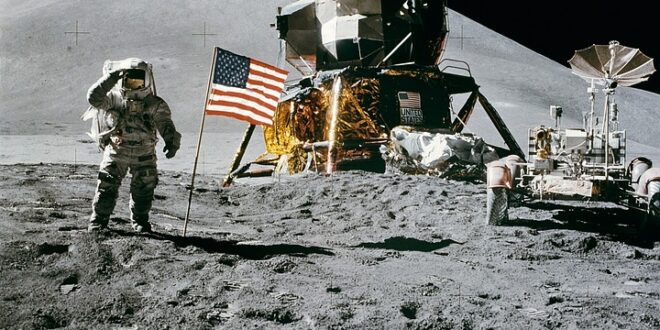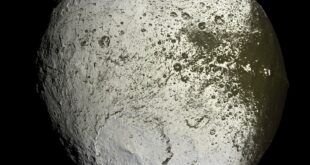Journeying into the Final Frontier: Top 10 Space Probes
Exploring space has always been an exciting topic for scientists and adventurous minds alike. We’ve come a long way since humans first set foot on the moon, and space probes have played a crucial part in expanding our knowledge about the universe. Here we list the top 10 space probes.
Voyager 1 and 2
Launched in 1977, the Voyager probes are currently the farthest man-made objects from Earth. Their mission has been to explore Jupiter, Saturn, Uranus, and Neptune before delving into the far reaches of interstellar space.
Galileo
Launched in 1989, the Galileo spacecraft was the first to orbit Jupiter and provided essential data on the planet and its moons. It explored the Jovian system for over a decade before crashing into Jupiter in 2003.
Cassini-Huygens
The Cassini-Huygens probe arrived in Saturn in 2004 and spent 13 years studying the planet and its many moons, discovering and unraveling many of their secrets. Its findings have paved the way for future missions to the gas giant.
New Horizons
Launched in 2006, New Horizons is the first probe to study Pluto and its moons up and close. In 2015, New Horizons passed within 7,800 miles of Pluto, returning fascinating data on its surface, geology, climate, and composition.
Kepler
Launched in 2009, Kepler revolutionized our understanding of exoplanets. By staring at a small patch of the sky, Kepler discovered thousands of planets orbiting other stars- some of them potentially habitable.
Celebration of opportunities to space exploration
Over the years, several probes like Juno, Mars Rover, InSight and Hayabusa have carried out space exploration task– these allow scientists to learn about the environment beyond the Earth’s orbit, and increase our insights into the planets’ composition, surface and internal geology.
Mars Reconnaissance Orbiter
Launched in 2005, the MRO has been orbiting Mars for over a decade, exploring the planet and scouting out places for future missions to land. It has also provided valuable data on the planet’s geology, climate, and history.
Pioneer 10 and 11
Launched in 1972 and 1973, the Pioneer probes were the first to explore the outer solar system, passing by Jupiter and Saturn before leaving the solar system. Although contact with the probes was lost in 2003, they plane to float through space for millions of years.
Spitzer
Launched in 2003, the Spitzer space telescope was designed to study the universe in infrared light. During its mission, Spitzer discovered new planets, observed distant galaxies and studied comets, asteroids, and stars.
Dawn
Launched in 2007, the Dawn spacecraft explored two of the largest objects in the asteroid belt, Vesta and Ceres, revealing much about their geology and history. The data it collected provided insights into the formation of the solar system.
From exoplanets to distant galaxies, our top ten list of space probes showcases the vast array of knowledge we have gained about the universe in recent years. The quest for knowledge continues, and these probes have laid the foundation for the next generation of explorers to journey into the final frontier.
 Mind Uncharted Explore. Discover. Learn.
Mind Uncharted Explore. Discover. Learn.



